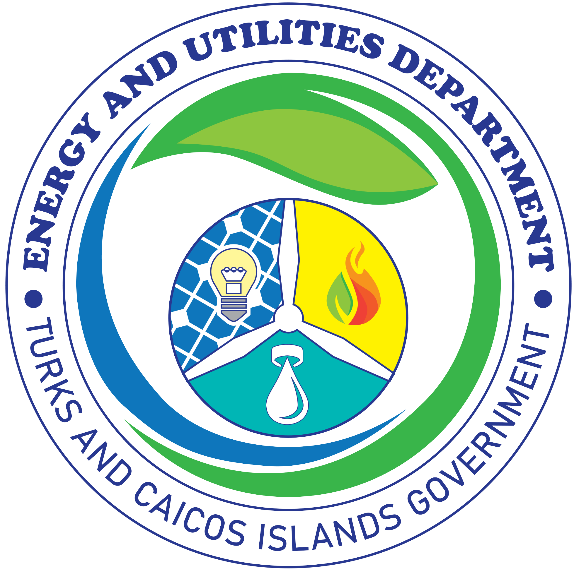Renewable energy generation refers to the process of producing energy from renewable sources such as solar, wind, hydro, geothermal, and biomass. These sources are naturally replenished, making them a sustainable alternative to fossil fuels, which are finite resources and contribute to greenhouse gas emissions.
The benefits of renewable energy generation are numerous, including a reduction in carbon emissions, a decrease in energy costs over time, and the potential for energy independence. In Turks and Caicos Islands, where the cost of electricity is high due to reliance on imported fossil fuels, renewable energy generation presents a significant opportunity for cost savings and sustainable development.
Solar energy is one of the most promising forms of renewable energy generation in Turks and Caicos Islands. The islands have an abundance of sunshine, making solar energy a reliable and efficient source of power. Solar panels can be installed on rooftops or in open fields to generate electricity, and excess energy can be stored in batteries for later use. This allows businesses and households to reduce their reliance on grid electricity and lower their energy bills.
Wind energy is another viable option for renewable energy generation in Turks and Caicos Islands. While the islands may not have consistent wind speeds, there are certain areas where wind turbines can be installed to generate power. Wind energy has the advantage of being able to generate power around the clock, even when there is no sunshine, making it a complementary source of energy to solar.
Hydro and geothermal energy are not currently viable options for renewable energy generation in Turks and Caicos Islands due to the islands' geology and lack of significant water resources.
Biomass energy is another potential source of renewable energy generation in Turks and Caicos Islands. Biomass refers to organic matter such as wood, agricultural waste, and other plant material that can be burned to generate electricity. However, the use of biomass as a source of energy must be carefully managed to ensure that it does not contribute to deforestation or other negative environmental impacts.
Overall, renewable energy generation is an essential component of sustainable development in Turks and Caicos Islands. By reducing the islands' reliance on imported fossil fuels and promoting the use of locally sourced renewable resources, renewable energy can help to lower energy costs, reduce carbon emissions, and increase energy independence. As technology advances and renewable energy becomes more cost-effective, it is likely that more and more businesses and households will turn to renewable energy generation as a way to save money and contribute to a greener future.
